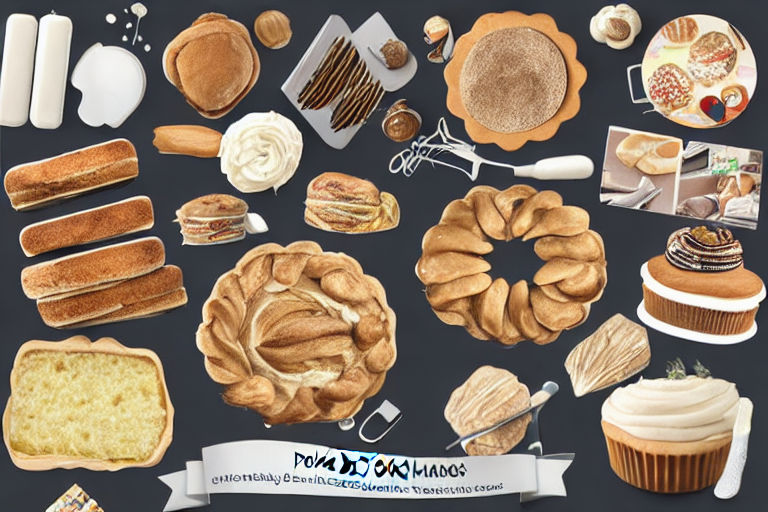Eco-Friendly Baking: How to Reduce Your Environmental Impact While Baking
If you're someone who loves to bake, you know just how satisfying it can be to pull a freshly-baked treat out of the oven. But while baking may be a fun and delicious hobby, it's not always the most environmentally-friendly. From wasteful packaging to energy-intensive ovens, there are a number of ways that baking can leave a large carbon footprint. Here are some tips for reducing your environmental impact while still enjoying your favorite baked goods.
Choose Eco-Friendly Ingredients
One of the easiest ways to make your baking more eco-friendly is by choosing ingredients that have been produced sustainably. This includes looking for ingredients like organic flour and sugar, which are produced without harmful chemicals and pesticides. Buying locally-sourced ingredients can also help reduce the carbon emissions associated with transportation.
Avoid Single-Use Items
Baking often involves a lot of single-use items like parchment paper, aluminum foil, and plastic wrap. These items create a lot of waste and aren't always recyclable. To reduce your environmental impact, try to find reusable alternatives. For example, you can line your baking sheets with silicone mats instead of parchment paper and use glass containers with lids instead of plastic wrap.
Conserve Energy
Baking requires a lot of energy, so it's important to be mindful of how much you're using. One simple way to reduce energy consumption is by using a toaster oven instead of a full-sized oven. Toaster ovens use less energy and heat up more quickly. You can also reduce your baking time by using convection settings, which circulate hot air more efficiently.
Reduce Water Usage
Baking often requires a lot of water, particularly when it comes to cleaning up afterwards. To reduce your water usage, try to clean as you go. This can help prevent the need for a large amount of water at the end of your baking session. If you're able to, consider installing a low-flow faucet or a dishwashing machine that uses less water.
Recycle and Compost
Finally, it's important to be mindful of your waste when baking. Make sure to recycle any packaging that can be recycled and compost any food scraps. This can help reduce the amount of waste that goes to landfill.
In conclusion, baking can be both fun and eco-friendly. By choosing sustainable ingredients, avoiding single-use items, conserving energy, reducing water usage and recycling and composting waste, you can reduce your environmental impact while still enjoying your favorite baked goods.



